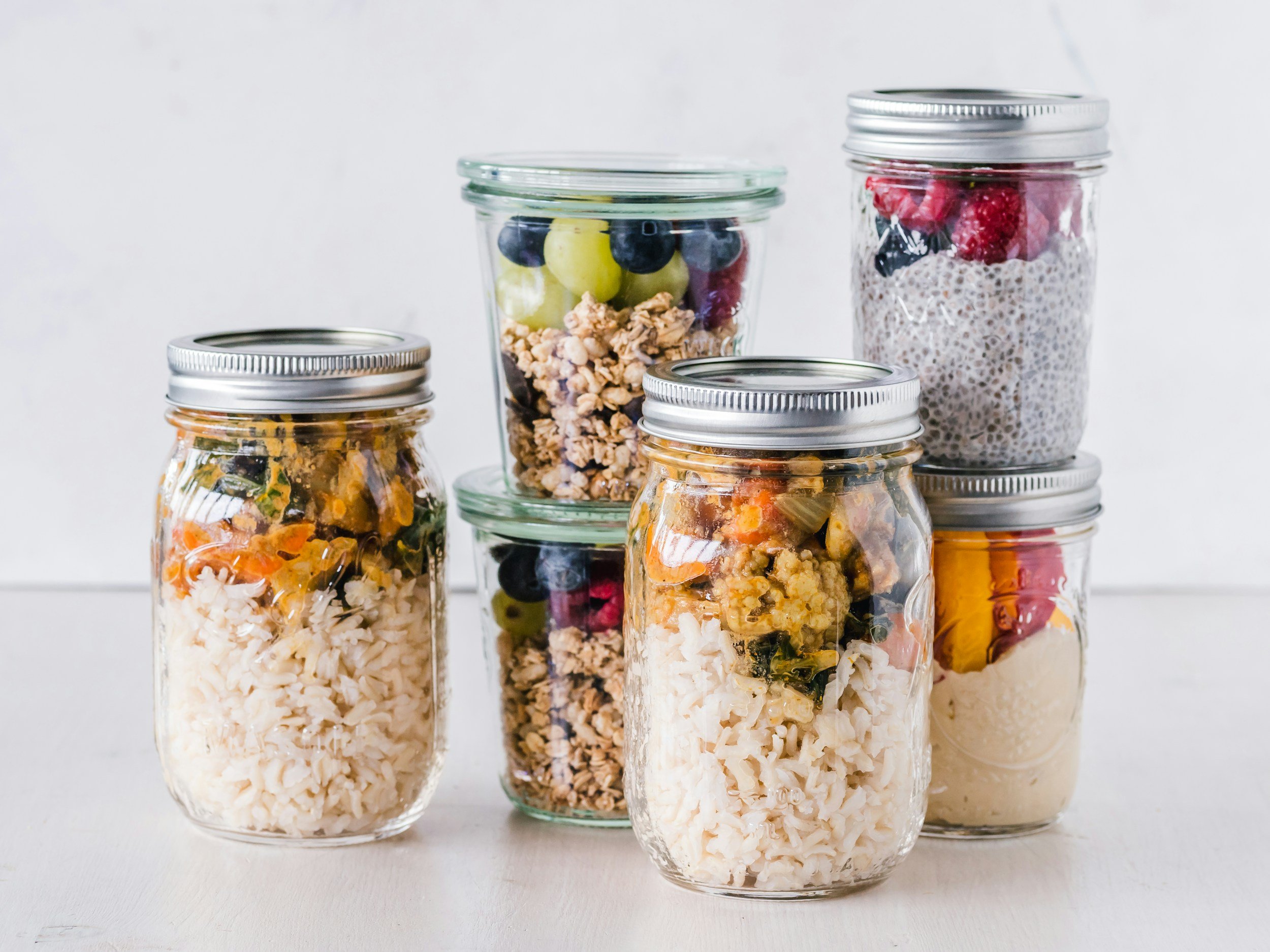What We Can All Learn from the Blue Zones
Most of us strive to live as long a life as we can, and our lifestyle choices play a huge role. The better we eat, the more we exercise, and how we release stress all make an impact. After National Geographic explorer and author Dan Buettner set out to find the secrets to longevity, he wrote a book called The Blue Zone Solution, which aims to make people aware of what those who live to 100 or more in the Blue Zones (consisting of 5 regions in Europe, Asia, Latin America, and parts of the US) are doing to live such long lives.
Not surprisingly, much of it boils down to what you’re eating and drinking. Here’s a quick rundown on the Blue Zones and how you can incorporate these tips for longevity into your diet.
Make plants the star of your meals
One thing we seem to be doing wrong is eating more animal protein than plant-based ingredients. A good rule of thumb is to simply let your fruits, vegetables, and other plant products take center stage on your plate.
Choose non-industrial meats
When you do buy meat, buy free-range and locally-raised. Anything that is industrially-produced isn’t part of the Blue Zone.
Eat more fish
On the other hand, eating more fish is encouraged. You can eat fish regularly, though for the Blue Zone diet, you should choose fish like snapper, trout, grouper, anchovies, or sardines. Avoid any fish that is farmed, opting for wild-caught for the healthiest choice.
Cut down on your dairy intake
We consume far too much dairy under the notion that we need it for the calcium. You can get calcium through plants, such as seaweeds, kale, beans, and nuts, to name a few. If you do choose to consume dairy, go with grass-fed types from goat or sheep’s milk instead.
Eat free-range eggs sparingly
Those living in the Blue Zones only eat eggs on the side. You could try to cut down egg consumption to 3 eggs or fewer per week and choose eggs that are free-range.
Fill up on beans
Like fish, you should eat more beans. A half-cup of cooked beans is the perfect amount.
Leave sugar behind
While you do get natural sources of sugar through fruit, those living to the age of 100 and beyond seldom consume sugar from refined sources. Make those cookies, cakes, and other goodies the rare treat in your life for special occasions rather than a daily occurrence.
Choose nuts for snack time
Eat two handfuls of nuts every day. Whether you have them as a snack to kick you out of a work slump or you sprinkle them atop your salad, they add perfect protein to your daily intake.
Enjoy coffee and tea in moderation
Coffee and tea in moderate amounts are also encouraged. Just avoid sugary concoctions.











